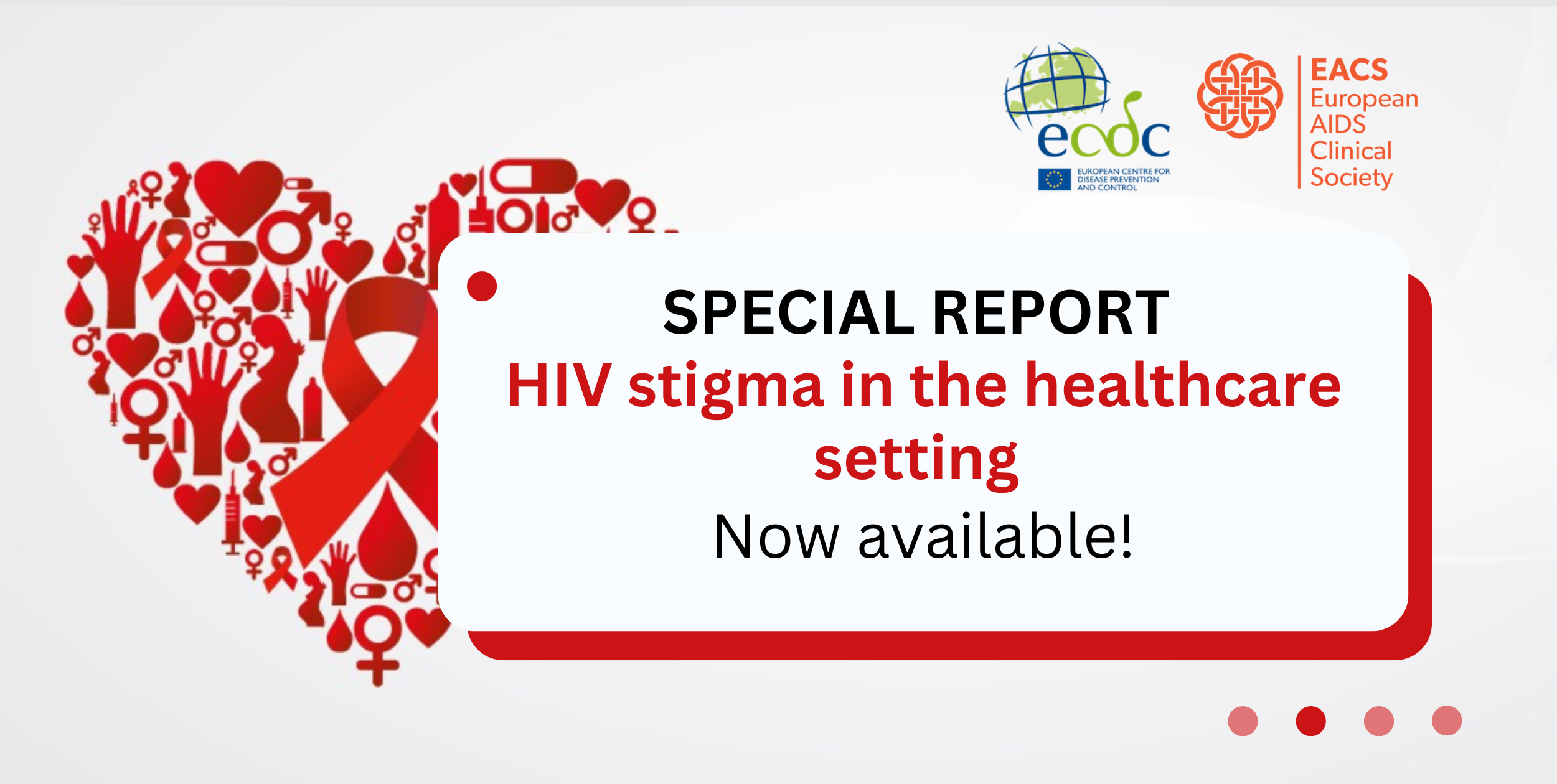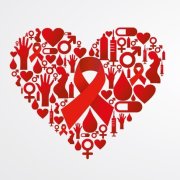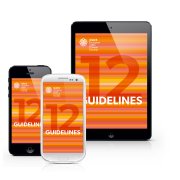
Measuring HIV knowledge and attitudes in the healthcare setting
The European Centre for Disease Prevention and Control (ECDC) and the European AIDS Clinical Society (EACS) are working to better understand HIV knowledge and attitudes in healthcare settings. A survey was conducted to measure knowledge and attitudes towards HIV in the healthcare setting across the European Region. The survey was translated into 38 languages and widely distributed within the European Region.
- Report summary
-
Report summary
The report reveals significant gaps in knowledge on HIV transmission and prevention among healthcare workers. This lack of knowledge is associated with higher levels of stigma and discrimination against people living with HIV, hampering efforts to reach the Sustainable Development Goal of Ending AIDS by 2030.
One in four healthcare workers lacked knowledge on the concept of "undetectable equals untransmittable" (U=U) which means that people with HIV who achieve and maintain an undetectable viral load cannot sexually transmit the virus to others. Forty-four percent lacked knowledge on post-exposure prophylaxis (PEP), and almost sixty percent lacked knowledge on pre-exposure prophylaxis (PrEP). Less than a third of the respondents had correct knowledge on all three statements concerning HIV transmission and prevention.
A small but notable percentage of healthcare workers (8%) reported that they would avoid physical contact, and a quarter said they would wear double gloves when providing care to a person living with HIV.
Some healthcare workers also expressed reservations about providing care to key populations at higher risk of HIV, such as people who inject drugs, men who have sex with men, sex workers or transgender individuals. These attitudes were reportedly influenced by a lack of training and a perception of increased risk.
Despite the presence of protocols and guidelines to protect against HIV infection and prevent discrimination in many facilities, there was still a substantial lack of awareness or implementation of these policies in some settings. Discriminatory practices were also reported, with more than one in five respondents having witnessed unwillingness to provide care to people living with or at risk for HIV. Additionally, almost one-third of those surveyed observed discriminatory remarks or negative comments about people living with HIV and nearly twenty percent witnessed disclosure of HIV status without consent.
These findings are particularly important as HIV stigma is linked to negative healthcare outcomes such as delayed care, avoidance of health facilities, and poor adherence to medication, ultimately hampering HIV prevention and treatment efforts.
Understanding how and in which contexts HIV stigma manifests in healthcare settings is necessary in order to intervene and address individual and institutional drivers of stigma and discrimination towards people living with HIV.
You can get more information by contacting survey_at_eacsociety.org.

20th European AIDS Conference
15-18 October 2025 Paris, France

EACS Guidelines updated
The EACS 12.1 and the app are available for free on


Educational Programme
Training and educating the next generation of clinicians and researchers is an EACS core activity.

EACS Resource Library
Access all scientific content of EACS core activities! (members only)

Interim Guidance
Interim Guidance on the Use of Statin Therapy for the Primary Prevention of Cardiovascular Disease in People with HIV